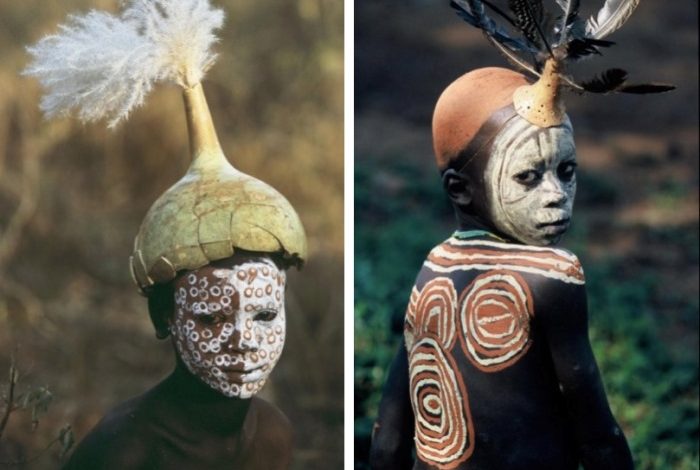Pre-colonial Africa and why is pre-colonial African history relevant today

The West is fixated with slavery, but Africa’s history is far more than a prelude to European colonization. Egypt, Nubia, Ghana, Mali, Carthage, Zimbabwe, and Congo were pre-colonial African civilizations. Sudan, Ghana, Mali, and Songhai were all successful empires in West Africa. Great Zimbabwe emerged as the most populous country in Southern Africa.
The ancient history of sub-Saharan Africa is known primarily from archaeological finds. Even before our era, in the Nile Valley, under the influence of Egypt, the state of Meroe arose, and on the southern coast of the Red Sea, under the influence of the South Arabians, the state of Aksum.
In the 1st millennium AD, distinctive political formations appeared in West Africa – Kanem and Ancient Ghana, whose existence was facilitated by trade with North Africa through the Sahara. After the Arabs conquered North Africa, trade intensified. Thus began the penetration of Islam, which played an important role in the formation of statehood and in the formation of the cultural image of the societies of Western Sudan.
In the XIII century, Ancient Mali rose, then Songhai, Bornu, Hausan cities; the cities of Timbuktu and Gao became major centers of Muslim scholarship. But many peoples opposed the spread of Islam: the powerful political formations of the Mossi and other peoples of the Gurma ethnic group – Natenga, Yatenga, Dagomba, Mamprusi, as well as the “empires” of the Bamana, Segu, and Kaarta people remained pagan.
In the 18th-19th centuries, the Fulbe nomadic people began to play an important role in Western Sudan. Fulbe became the conductors of strict Islam and created several states based on religious principles – Futa Jallon, Masina, Sokoto, Adamawa…
The development of Central and East Africa in the last three millennia was largely determined by the settlement of peoples speaking the Bantu languages – their ancestors mastered the processing of iron and agriculture, the population began to grow rapidly, and they had to look for new lands. The center of the settlement was, apparently, present-day Cameroon, and by the 17th-18th centuries, the Bantu peoples had reached the very south of Africa, pushing the pygmies, Bushmen (San), and Hottentots (Khoi Khoi) into dense forests and deserts.
On the east coast, sea trade flourished with Arabia, Iran, and India, trading cities grew, and the Swahili civilization took shape. The Zimbabwe civilization arose between the Zambezi and Limpopo rivers, famous for their monumental stone buildings; it was replaced by Monomotapa.
In the Inter-Lake District, development proceeded beyond contact with the world of Islam and with Christianity. Apparently, already in the XIII century, the first kingdoms appeared here – Kitara and Buganda, then Ankole, Nyoro, Toro, Rwanda, Burundi were added to them.
The appearance of European ships off the coast of Africa pushed the development of centers of political power in Central Africa and on the Guinean coast, which had begun to take shape even before that: Ife and Benin, Congo.
With the onset of the era of the slave trade, warlike states arose along the entire Atlantic coast, but when European powers banned the slave trade at the beginning of the 19th century, they began to decline.
At the end of the 19th century, the colonial division put an end to the independent political life of almost all African countries, and it resumed only in the second half of the 20th century.
Ethiopia occupies a special place in African history, becoming the heir to ancient Aksum and preserving its Christian statehood and culture for almost two millennia. It turned out to be the only African country south of the Sahara, which retained its independence during the era of colonial conquests (except for Liberia, which since the declaration of independence in 1847 has been closely associated with the United States).




